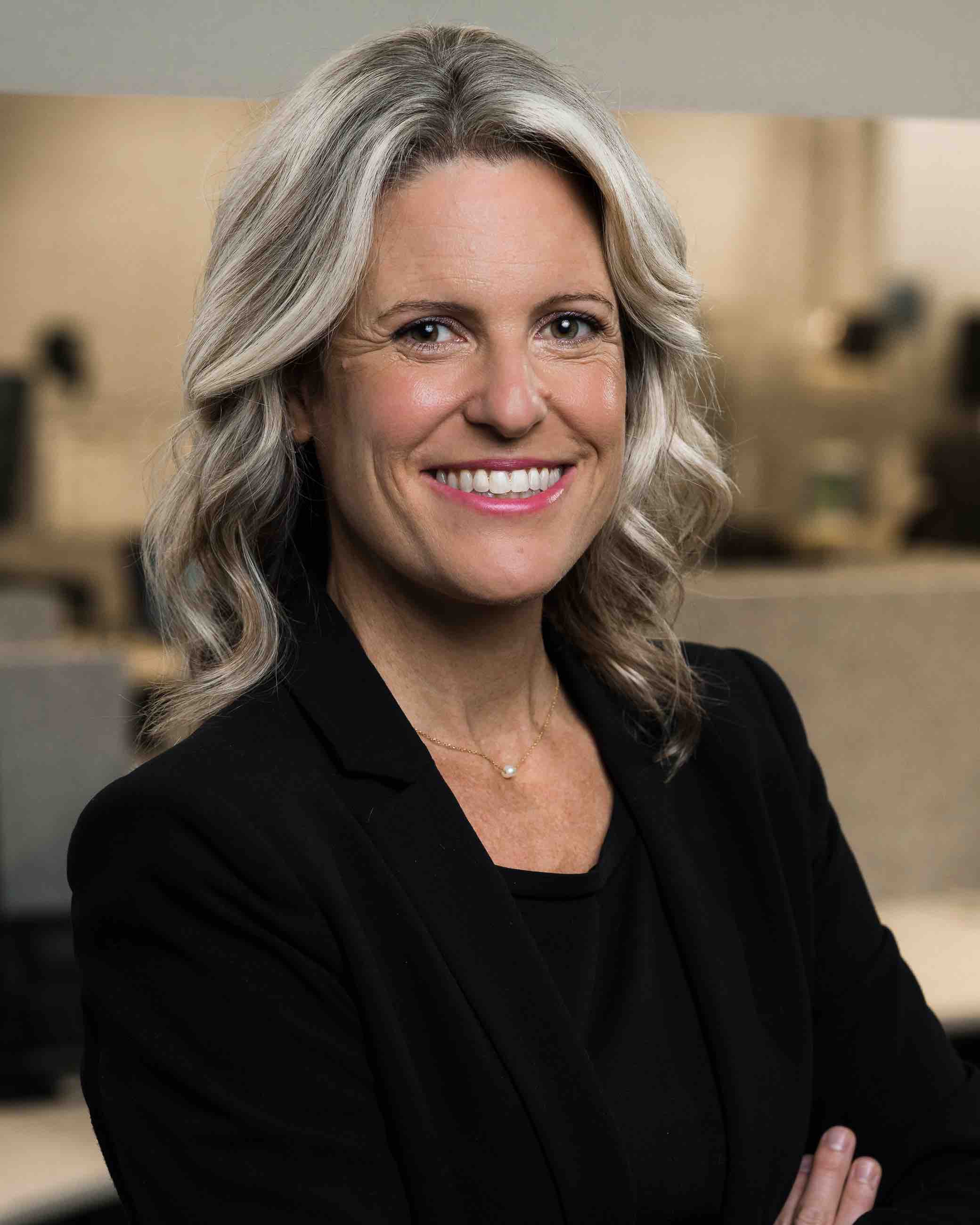How Leading Freight Brokerages Prepare for Hurricane Season
Insider | Business Advice | Logistics | Transportation | Best Practices | Freight Management | Freight Broker
Events like hurricanes and blizzards are best handled with experienced staff planning ahead. For example, Armstrong account managers encourage shippers to schedule pickup appointments earlier to help get product and trucks out of harm's way before bad weather hits. Doing so also helps ensure we service customers at normal market rates and conditions.

As a freight brokerage, Armstrong has a network of 60,000+ carriers. This closely vetted and monitored network of reputable transportation providers offers reliability and flexibility once a storm hits and customers have to get product out. These weather events create shortages of carriers trying to vacate the storm's path, and we can leverage our network to find options most customers wouldn't have access to.
We sat down with Justin Keil, our Charlotte branch manager in charge of business development and customer relations, to talk through how leading third-party logistics providers continue to deliver excellent service during and beyond inclement weather.
Transportation is a busy business. I'm sure it can be hard to plan for weather events. In a perfect world, what can a broker do to plan ahead? Are these plans communication-focused, technology-focused, financially-focused, or a combination?
We focus on the relationship aspect and financial implications of any weather-based event. As a broker, we aim to be in the customer's corner and ensure their freight is still serviced, even if we have to adjust to account for blizzards, hurricanes, etc. We work to get them the most optimal rate based on their situation. Additionally, we work to give them various options and be transparent about pricing and timing.
How can you provide enhanced visibility for customers based on variables like weather, traffic, capacity, and spot rates?
With each customer, we take the time to get to know them and their business through constant communication. In fact, we may ‘overcommunicate’ until we understand their specific needs. When we are dealing with unplanned weather events, we provide communication in whatever cadence they request. For instance, we can update them as often as hourly or let them know once the mountain pass is clear and the truck can safely move again.
Communication is crucial in inclement weather. Singular events have the potential to disrupt the entire supply chain. From a broker's perspective, how does communication change during weather events? Is tracking more or less essential, or generally the same?
.png?width=254&name=Macropoint%20(10.6.21).png)
Our team prioritizes tracking updates so that we can stay ahead of problems. We use a combination of our staff performing check calls and automated tracking through partners like MacroPoint, Transflo, and project44. As a team, we strive to keep our clients updated and provide a concrete timeline from pickup to delivery.
When inclement weather is involved, confirming details and adhering to an exact timeline becomes more difficult. Our account managers work with warehouses and delivery locations to notify them of delays and reschedule appointments.
Does the frequency of check calls change?
Yes, it can change dramatically during a storm or weather event. For example, if there is a blizzard in the mountains and a driver is stuck waiting for the road to clear, they won’t have an update until they can get underway. We understand this and have to wait for an update on their end. If there’s a hurricane on the coast, a driver may be trying to make it off an island before they close the bridge. We ask drivers to provide updates every 30 minutes or until they make it through an obstacle like a bridge, mountain, or hurricane traffic.
During a major weather event, I assume all forms of transportation run the risk of being rerouted. How much of an impact do scenarios like that have on fuel surcharges?
Fuel price isn’t necessarily an issue when an event is happening. We would typically see aftereffects in the fuel surcharge if a refinery or pipeline is shut down or damaged due to a storm.

We do see an effect on the overall market price due to the scarcity of drivers during these events. Our team works hard to cultivate relationships with carriers and drivers to have them become ‘regulars,’ providers who move loads for us again and again. We work to build a good rapport with these carriers. Planning and booking with a ‘regular’ can help us avoid the issue of having to go to the market. When necessary, we will rely on load boards like Truckstop and DAT. It's better to source from our network of carriers and save the day rather than have a service failure. We strive always to provide excellent customer service to our customers.
What are some of the worst-case scenarios of an active storm season this year?
I think the East coast ports have adjusted to a new higher volume. In the event of a storm in the Northeast, our larger customers will utilize the ports in TX, FL, or CA to move their product. When these events occur, fuel may change locally to the event but generally will only cause minor changes nationwide.
From a broker's perspective, any bright spots to focus on or look forward to? Is the market strong enough to withstand a major event? Or are we teetering on the edge?
I believe the technological advancements in track and trace, geo-fencing, and route planning can work for brokers to avoid weather events and pre-plan shipments with customers. Natural disasters will create bottlenecks throughout the supply chain, but we continue to lean on technology to be proactive.
Partner with a Top 25 Freight Brokerage
Dealing with disastrous weather events is chaotic and stressful. It's much easier to navigate when you have a trusted freight broker. Our knowledge of the market and oncoming delays can help prevent exceptions on the road and keep your freight moving. We do the due diligence on the backend proactively, so our customers don't have to.
Interested in spending less time covering freight and more time running your business? Reach out to us today, and we'll connect you to an experienced logistics professional who'll treat your shipment like it's their own.

About Morgan Griffith
Morgan Griffith serves as Armstrong’s Director of Marketing. She’s responsible for developing the company’s strategic communications planning, positioning Armstrong for continued rapid expansion and growth. She is highly skilled in public relations, strategic communications, media relations, and corporate communications.



